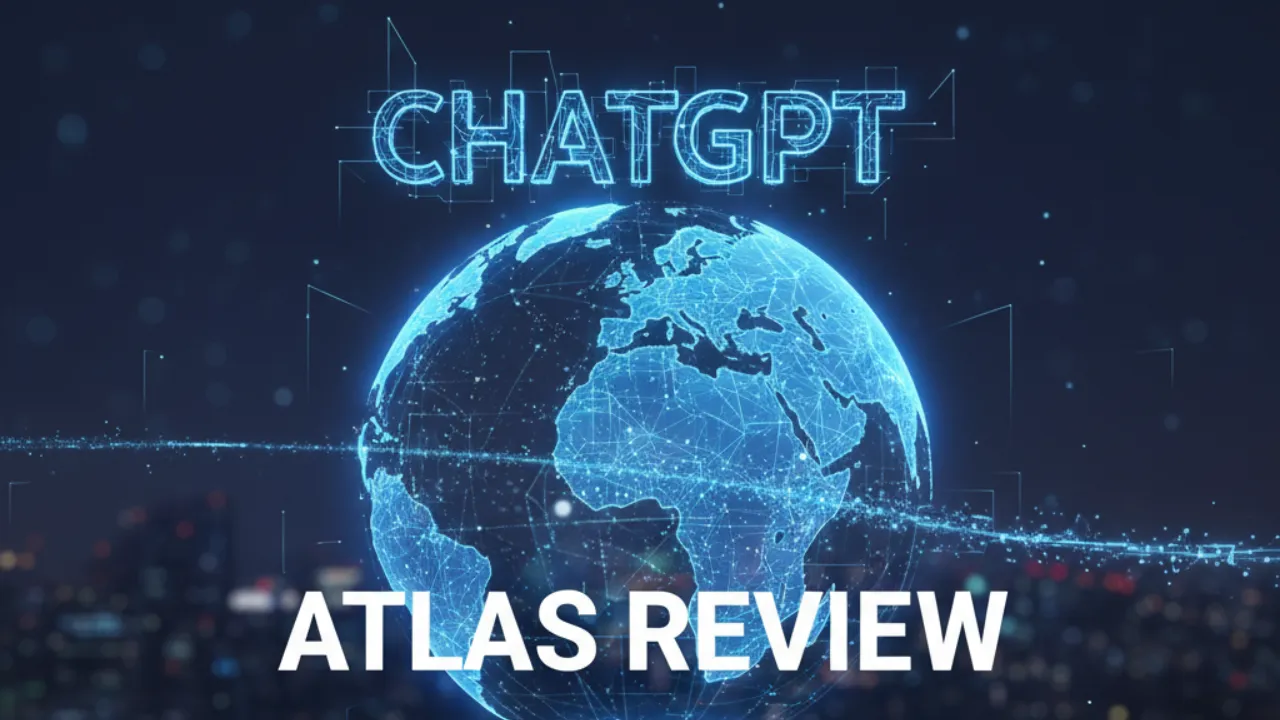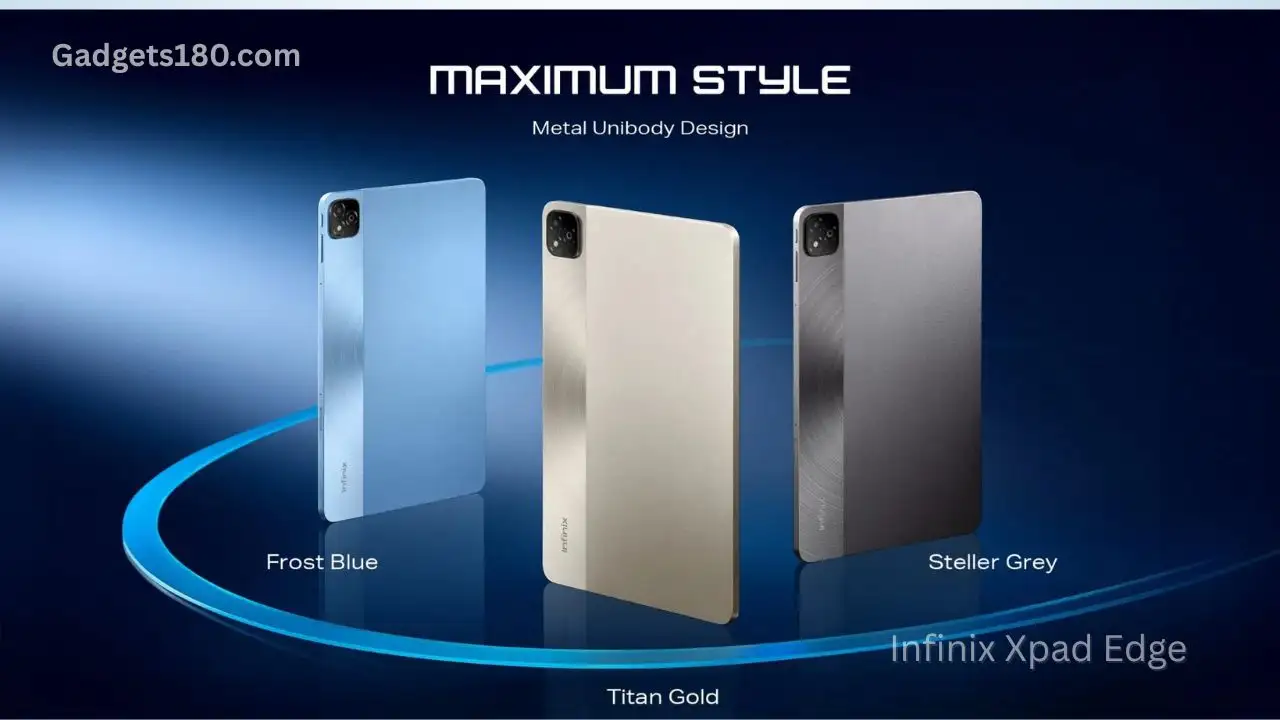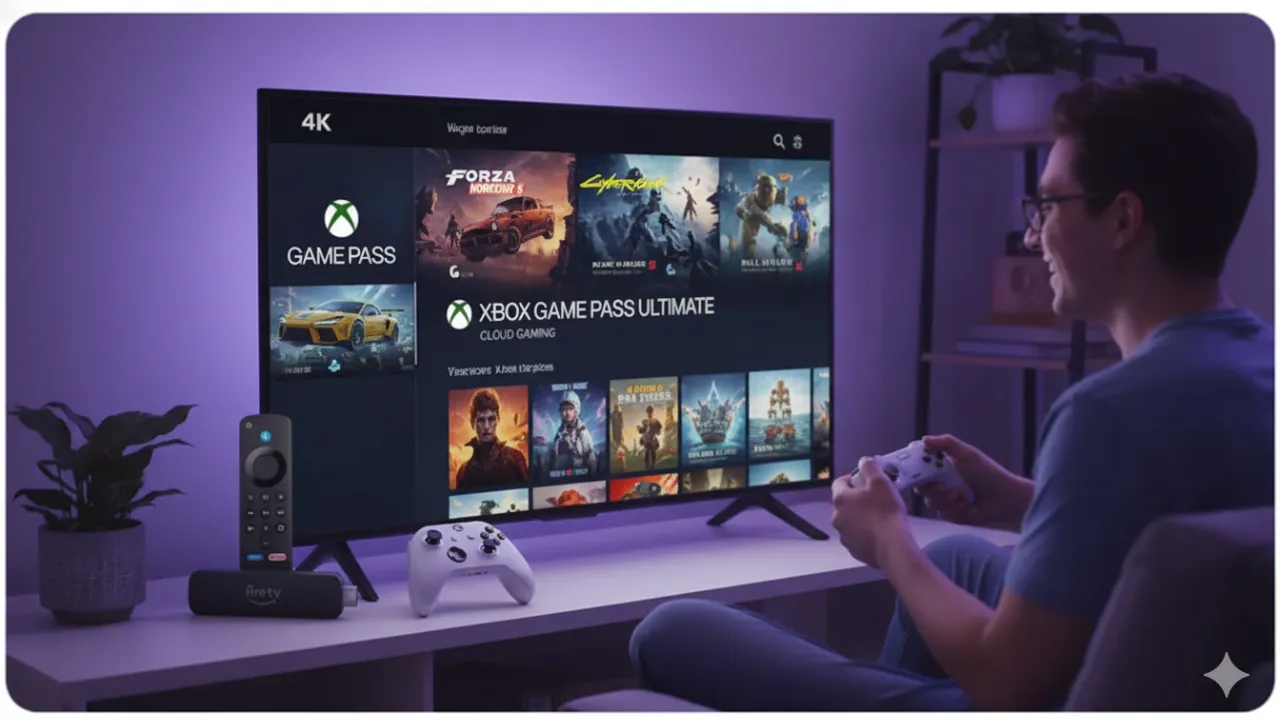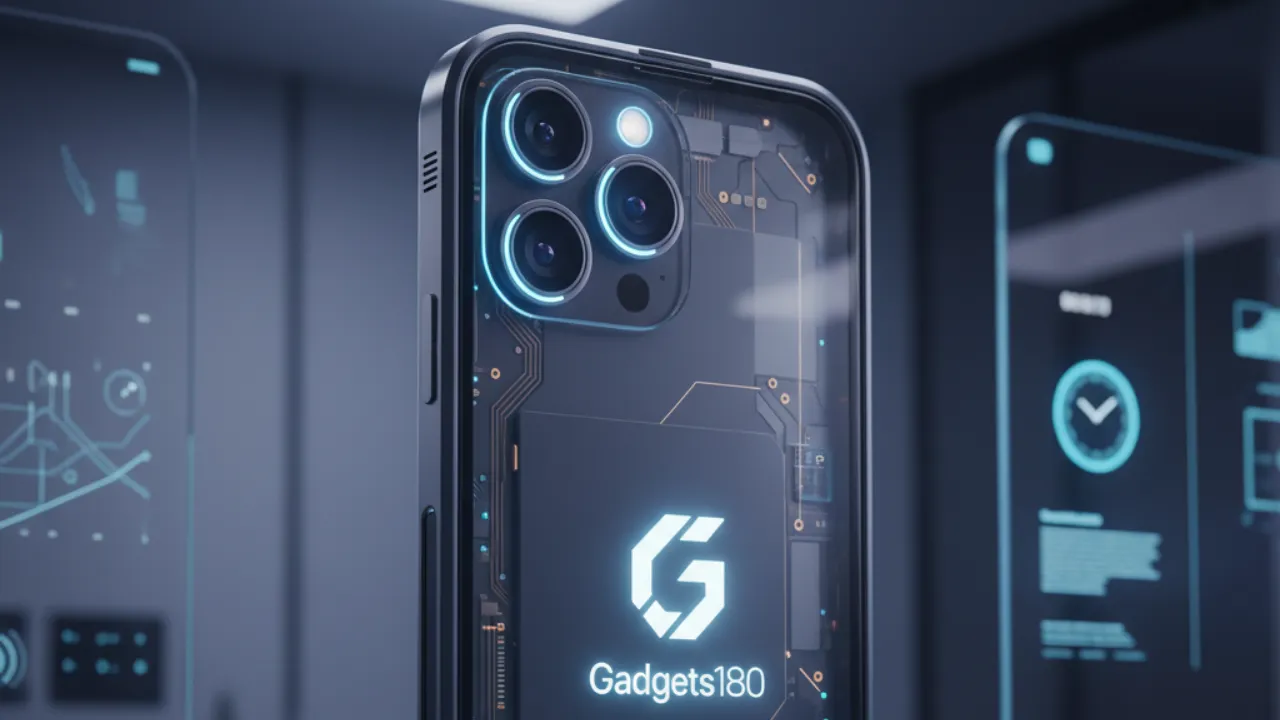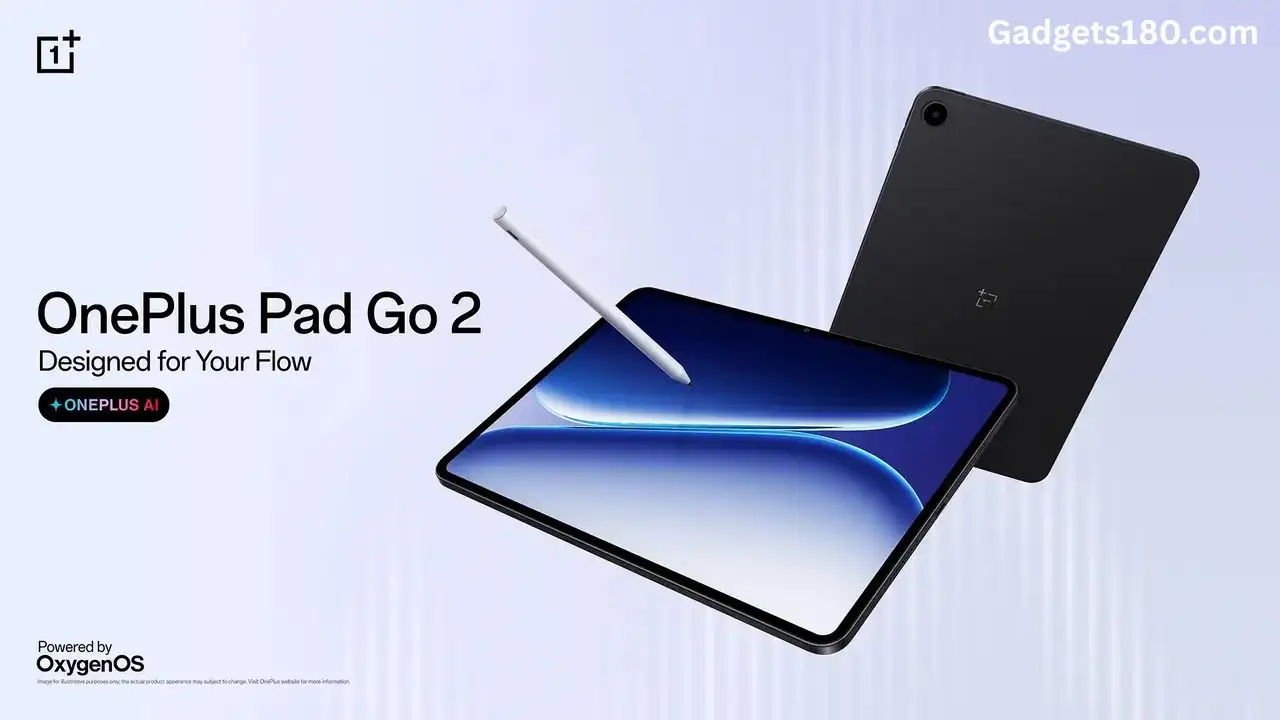When OpenAI unveiled ChatGPT Atlas last week, the tech world went into overdrive. A browser built around ChatGPT — from the same company that’s been weaving AI into everything from search to shopping — promised a new era of web exploration. Curious and skeptical, I made it my default browser for seven days to find out if it could actually replace Google Chrome, my go-to since 2008.
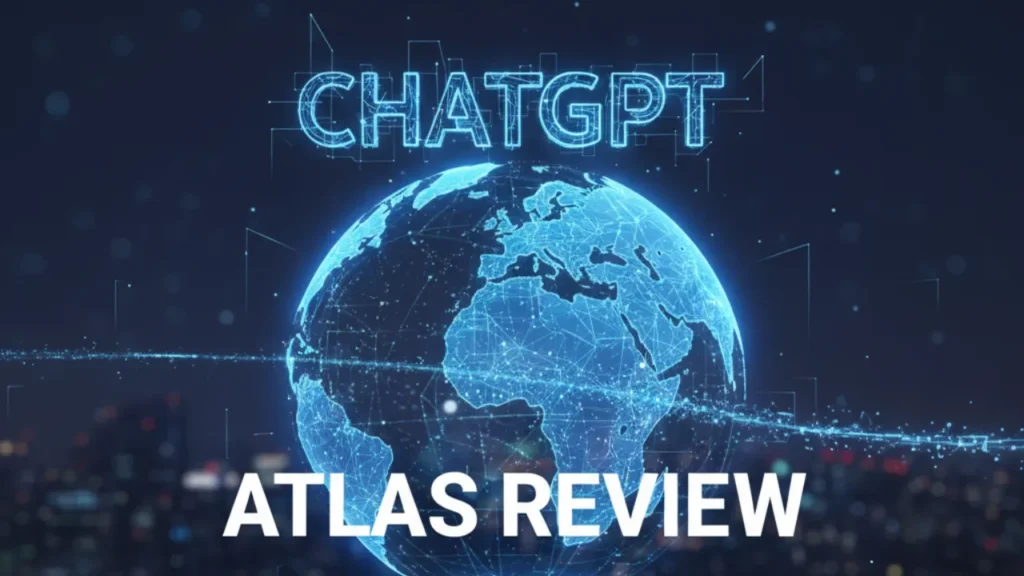
First Impressions: Chrome with a ChatGPT Badge
Here’s the unspoken truth: Atlas isn’t entirely “new.” Under the hood, it’s built on Chromium, the same open-source foundation behind Chrome, Edge, and Brave. So while OpenAI might pitch Atlas as revolutionary, it’s more accurately Chrome with an AI twist. That said, this isn’t a bad thing — far from it.
Everything migrated smoothly: bookmarks, passwords, and open tabs. The interface is clean and minimalist, with a search bar powered by ChatGPT instead of Google. Search results arrive as AI-generated summaries, accompanied by relevant links. If you prefer traditional results, there’s a “web view” toggle that strips out the commentary.
Interestingly, if you choose Google instead, you’ll still be met with Gemini AI summaries — a reminder that no matter which side you pick, you’re now living in an AI-driven web.
User Experience: Smooth, But Familiar
Atlas feels familiar because it behaves like Chrome. Performance-wise, it’s fast and stable, and the AI integration feels native rather than intrusive. A handy ChatGPT sidebar button lets you summarize pages, ask follow-up questions, or generate related searches without switching tabs.
Is it revolutionary? Not really. Competing browsers like Perplexity’s Comet, Opera Neon, and Arc have already experimented with similar features. Atlas executes them well, but it’s not breaking new ground.
Agentic Mode: The Assistant That’s Not Quite Ready
The headline feature, Agentic Mode, is where Atlas truly tries to stand apart — acting as a digital assistant that can complete tasks like booking reservations, filling out forms, or managing online shopping carts.
In theory, it’s brilliant. In practice? Frustrating.
When I asked Atlas to fill my Amazon cart based on recent searches, it took nearly ten minutes to add just three items. It stumbled through pages, reloading and narrating its own confusion (“It appears I opened a new tab, but it hasn’t fully loaded…”). By comparison, Perplexity’s Comet did the same task in under two minutes.
When I tested it with a visa application form, Atlas filled in only two fields — and one was incorrect. However, simpler tasks like sending emails or scheduling calendar events were completed in seconds. The inconsistency makes it difficult to rely on for critical tasks.
At this stage, Agentic Mode feels more like a well-meaning intern than a capable digital assistant.
Privacy and “Browser Memories”
One of Atlas’s most ambitious — and controversial — features is Browser Memories. It learns from your habits to tailor results and recommendations. Over time, it began surfacing eerily relevant suggestions and adapting to my browsing behavior.
While effective, it raises serious privacy concerns. Atlas essentially builds a psychological profile of your web habits. Though OpenAI claims user data won’t be used for model training without consent, the opt-out settings are buried deep in submenus — which doesn’t inspire confidence.
It’s a feature that feels both futuristic and invasive, depending on your comfort level with AI personalization.
Verdict: Impressive, But Not a Chrome Killer
After a full week, I switched back to Chrome — not because Atlas failed, but because it didn’t give me a compelling reason to stay. Its AI tools are polished but incremental, not transformative.
OpenAI has teased upcoming updates like user profiles, ad blockers, tab grouping, and faster agents. If delivered, these could make Atlas truly competitive. But for now, it’s best described as “Chrome with ChatGPT superpowers” — clever, sleek, and sometimes helpful, but not revolutionary.
Final Thoughts
Atlas is an impressive first-generation AI browser that shows clear potential. It’s fast, secure, and thoughtfully designed, but it’s not yet redefining the browsing experience. For everyday users, the AI features are interesting extras — not essential upgrades.
So, should you switch? Not yet. Keep an eye on Atlas as it evolves, but for now, maybe don’t uninstall Chrome just yet.
